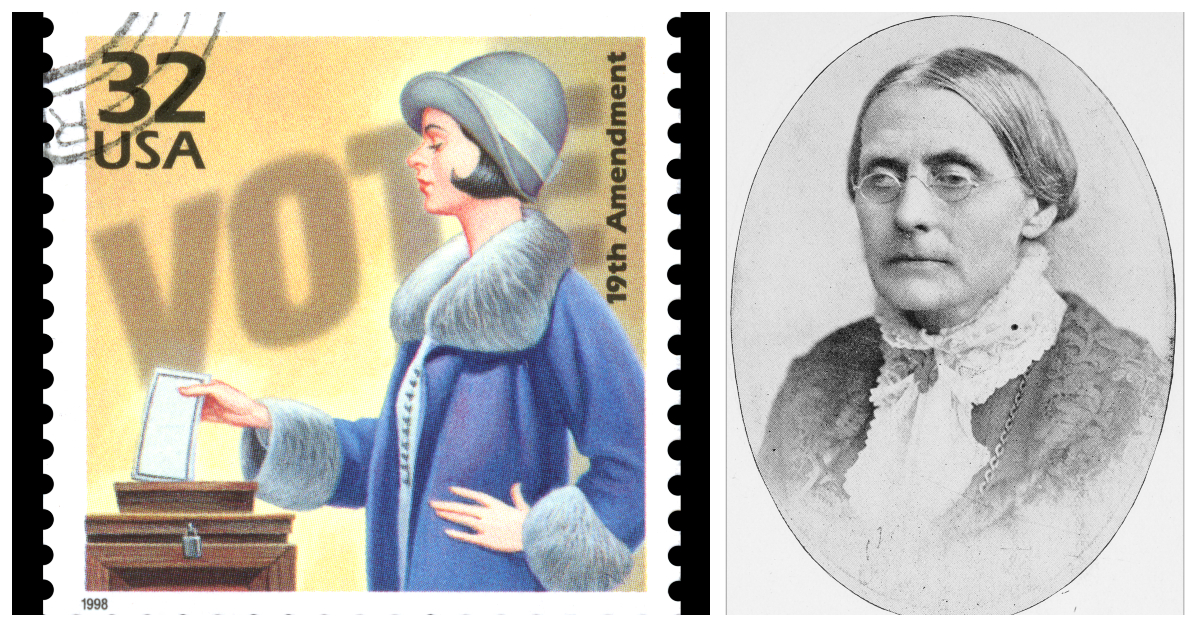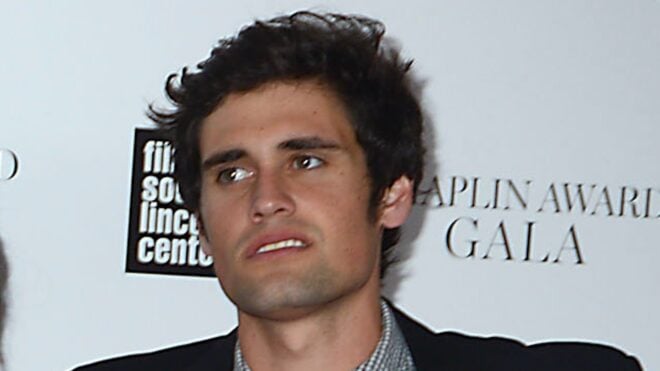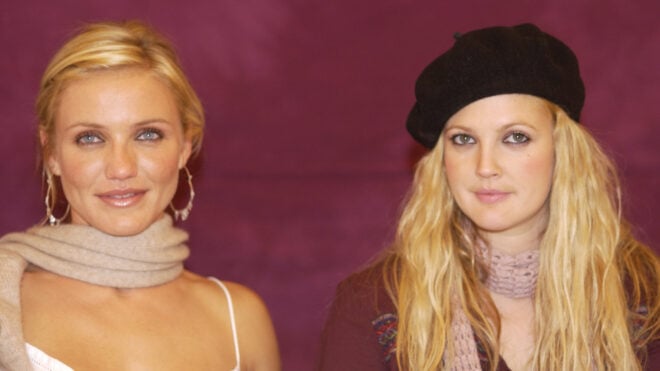
Susan B. Anthony was an exceedingly important figure in American history. But there's an awful lot we didn't learn in school about the woman who is often credited with securing the vote for women. Some of those things are a bit controversial. While Anthony certainly participated in a range of women's suffrage efforts, the history books definitely don't tell the whole story.
Many people felt Anthony held racist views, and as we continue the necessary process of our collective and ongoing reeducation when it comes to race relations in our country, it's important to examine historical figures like Anthony, too. Not only does it help us find out things we didn't know before, but it also paints a more clear picture of how we got to where we are today.
Here are a few things you may have never learned about Susan B. Anthony:
Some of her writings were racist.
There are a lot of things that weren't considered racist in the 1860s that would certainly be seen as such today. Some of Susan B. Anthony's writings definitely fall into that category. During the Reconstruction era, major arguments were happening over the 15th Amendment, which eventually prohibited the federal government from denying a citizen the right to vote regardless of race, color, or "previous condition of servitude" but still did not include women.
Anthony was angry that the word "male" was written into the Constitution, and some of what she wrote about that occurrence was highly scrutinized later on.
In her writings, she argued that educated white women would be better voters than ignorant Black men. She also wrote that Black men securing the vote would be a threat to the safety of white women. While many people assume Anthony was equally committed to achieving equal rights for all, when we thoroughly look at the way she fought for white women's rights, sometimes fighting against rights for Black people in the process, it's hard not to acknowledge that those assumptions aren't completely true.
She had some racist friends.
The picture we've often held in our minds of Anthony is her fighting hard for the rights of women while surrounded by others doing the work of fighting for equality. However, Anthony had questionable friends, like George Francis Train, who helped launch Anthony and Elizabeth Cady Stanton's newspaper, The Revolution. He was a noted racist.
Many people often note that Anthony was good friends with Fredrick Douglass, who was a big supporter of women's suffrage, which is actually true. However, she worked hard to distance herself from him later on. Once, during a suffrage meeting, she asked him not to appear onstage with white women because it would seem inappropriate.
Black women felt she ignored them.
We can't ignore that Anthony's contributions were hugely significant in securing the vote for women. But many Black women at the time felt that she did not prioritize making voting rights accessible to all women. It seems like Anthony and other white suffragists were quick to set aside Black women's rights if it meant that they would have the rights they felt they deserved as white women.
In 1920, Black women were still being barred from voting because of the restrictions in the areas in which they lived. They asked Anthony and other suffragists for help, thinking they'd be met with it given the organization's goals were largely focused on women's voting rights. But when they tried to reach out to the organizations at the time, they were ignored.
While we can't hop back in time and find out what really happened, it's definitely important to look critically at the facts. When it comes to Susan B. Anthony, we can celebrate her accomplishments while also acknowledging that she was not, and shouldn't be, considered a hero for all women.
Yes, she was significant in helping women get the right to vote, but she certainly saw white women's vote as being the priority.
She was not pro-choice.
Some people consider Susan B. Anthony the original feminist. But she wasn't a big supporter of women's rights to their own bodies. She was actually very against abortion, according to many of her own writings and the writings in The Revolution, which often referred to abortion as "child murder."
Still, scholars have disagreed time and time again on what Anthony's stance truly was. But it seems clear from her own words that she considered abortion to be immoral, as most early suffragists did.
Many feel celebrating Anthony whitewashes history.
There were tons of women working hard to gain equal rights, but most of us don't know their names. We know only the names of a few white women, like Susan B. Anthony, who have been celebrated over and over again. While women like Anthony did have important achievements that shouldn't be overlooked, we also know that they also were primarily fighting for white women's rights — not the rights of all women.
Perhaps when we consider how many Black women were also fighting for equal rights and having to fight against Anthony and other suffragists, we can have a more clear picture of what history really looked like. Black women had to work twice as hard to earn respect, change laws, and even be seen as worthy of voting rights and equality by other women.
One of the most significant Black women in the fight was Mary Church Terrell. In her recorded speeches, over and over again, she reminded white suffragists that excluding Black women from the movement wasn't just wrong but went away everything they claimed to stand for. She said that denying voting rights because of race was like excluding white women because of gender. She also continuously reminded white women of the racial barriers that kept many former slaves powerless.
Without her efforts and the efforts of so many Black women, Susan B. Anthony wouldn't have been able to accomplish all that she did, and she certainly wouldn't be remembered in the same light.




